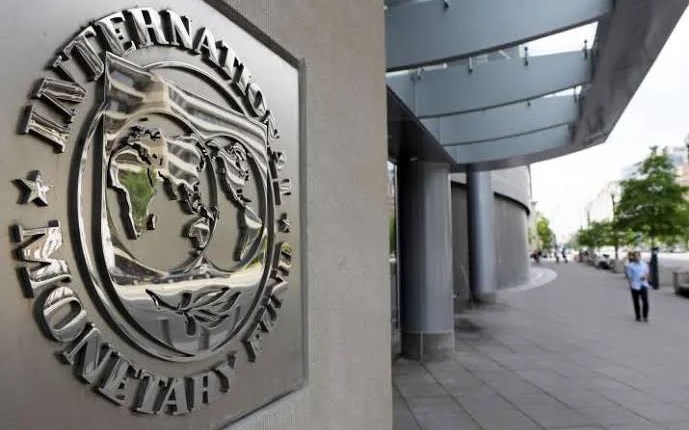The International Monetary Fund (IMF) is now in panic because it believes that if all the countries do not agree to integrate their corresponding CBDCs then the crypto sector will take advantage of it.
The Central Bank Digital Currency (CBDC) is a concept of digital form of sovereign fiat currency. Currently, 120 countries are exploring the use case & best approach to develop, while 11 countries so far developed & tested in collaboration with banks.
In the latest, the Bank of Korea (BOK) announced that it will allow citizens to deposit tokens based on a CBDC through a pilot program in collaboration with the country’s commercial banks by next year. It will be just like using the gift cards or vouchers issued by goods stores.
Notably one week ago, an announcement by the IMF managing director Kristalina Georgieva suggested the central banks increase the efforts in the CBDC development & adoption race.
Georgieva said:
“We may be at a point where the public sector needs to offer a little more guidance. … Not to crowd out, not to disrupt. But to act as a catalyst, to ensure safety and efficiency – and to counter fragmentation.”
Recently the IMF also published a “virtual handbook” for the countries to assist them in following the best approach to develop interoperable CBDCs.
Notably, the majority of the countries, that launched CBDC, saw a very low degree of CBDC adoption among the population.
The IMF body is scared that if CBDC development will not be able to connect with other CBDCs on the common platform then in that situation cryptocurrencies will take advantage to fill that gap.
In short, the IMF body thinks that all the CBDCs should be interpretable to each other so that people can use their corresponding CBDC for global transactions without any restriction of jurisdiction.
It is worth noting that over the last couple of years, the majority of the top traditional payment companies stepped in the development of special blockchain tools to integrate CBDCs, Stablecoin, & fiat on a common platform.
In short, we can conclude that if CBDCs will not be interoperable by nature then in that situation private sector financial giants will take huge advantages in the form of high transaction fees for their blockchain tools which is also a good thing for the future of cryptocurrencies.
Read also: New AI chatbot launches on Cardano (ADA) blockchain (Beta)


